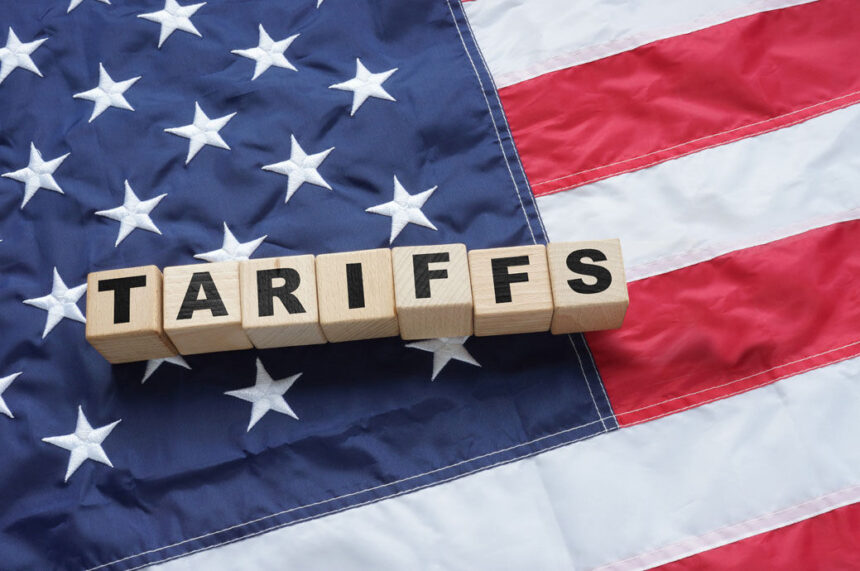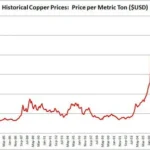On Friday, a decades‑old tariff loophole known as the de-minimis exemption quietly vanished—and shoppers may feel the pinch almost immediately. Until now, online platforms like Temu, Shein, eBay, and Etsy have been able to send small parcels into the U.S. (worth up to $800) without charging duties. That all changed when President Trump, calling the rule “a big scam against our country,” ordered it shut down in a Cabinet meeting this week.
What Was the De Minimis Exemption?
First written into the 1930 Tariff Act, the de minimis provision let Americans bring back inexpensive goods tax‑free—or let online sellers ship budget items into the U.S. with no customs fee. In 2016, Congress raised that threshold from $200 to $800, sparking a boom in low‑priced imports, especially from China. Retail giants like Temu and Shein quickly filled the void, accounting for roughly 30% of all de minimis shipments, according to a 2023 House committee report.
Why It’s Ending Now
Inside the White House this Wednesday, President Trump blasted the exemption as “overuse and abuse” by big companies under the guise of helping small sellers. Though he first imposed 10% tariffs on all Chinese goods in February, he reversed the de minimis cut just days later—only to say this week that the exemption will be gone for good. Commerce Secretary Howard Lutnick is now tasked with building a system that can “fully and expediently” collect those lost duties.
What You’ve Been Buying Under De Minimis
Thanks to the loophole, millions of packages of household goods, clothes, and electronics slipped through without extra cost. Yale economist Amit Khandelwal notes that popular items included lamps, bedding, toys and games, sports gear, paint supplies—even TVs. In 2021, China led all sources of textile imports to the U.S., and while not all relied on de minimis, that rule helped keep a vast array of knock‑off and off‑brand products cheap.
Platforms Bracing for Higher Prices
Temu warned customers last month to expect a “price adjustment” from April 25 onward. The site now tacks on an “import charge” to each item’s sticker price—covering customs and processing. For instance, a $17.72 car vacuum carried a $22.78 tariff fee, while a $19.43 surge protector added $26.23. Temu still lets shoppers pick from U.S. warehouses, where no new fees apply, but many hot items live in China.
Shein quietly folded tariffs into its prices by late April. Bloomberg found some popular tops and dresses jumping 377%in price once duties were built in—turning a $10 bargain into a $37 purchase. Shein says you’ll “never pay extra at delivery,” but that means sellers raised their base tags significantly.
Etsy expects most under‑$800 packages will escape new duties, since many sellers ship small, handmade goods from local studios. Still, Etsy has asked merchants to pre‑pay any tariffs to avoid confusing buyers at checkout.
eBay put sellers and buyers on notice in March: imports from China and Hong Kong could face an extra $10–$30 per package in duties. The marketplace promises to help calculate fees and waive late‑shipment penalties if customs slow down deliveries.
Knockoffs, Luxury Goods—and Consumer Caution
Social videos have urged thrill‑seeking buyers to tap Chinese manufacturers directly for rock‑bottom deals—Lululemon leggings at 5% of U.S. cost, or a $1,000 Hermès Birkin bag. But these clips feature knockoffs, not the real thing. Brands like Hermes and Birkenstock quickly disavowed any links to those factories. With de minimis gone, counterfeiters face higher stakes, too.
The Broader Backdrop
Both Trump and the Biden administration have eyed the de minimis rule as a conduit for fentanyl and counterfeit goods. Labor unions such as the AFL‑CIO and retailers like Forever 21 blamed the exemption for undercutting domestic businesses. Forever 21 even blamed de minimis for its bankruptcy, saying fast‑fashion sites “took advantage” to slash prices below sustainable levels.
What to Expect Next
- Higher Price Tags: Expect even basic home goods and clothing to cost more, especially on discount platforms.
- Greater Transparency: Most sites will break out “import charges,” helping you see exactly how much extra you’re paying.
- Shift to Local Warehouses: If you want to dodge duties, look for items shipped from within the U.S., even if inventory is smaller.
- Budget Adjustments: Set aside an extra $10–$30 per package when ordering from overseas.
For bargain hunters, this change stings. But for American brands and small businesses competing on price, closing the de minimis loophole levels the playing field—one package at a time.
Read Also: European Gas Rises as Potential for US-China Talks Lifts Markets






